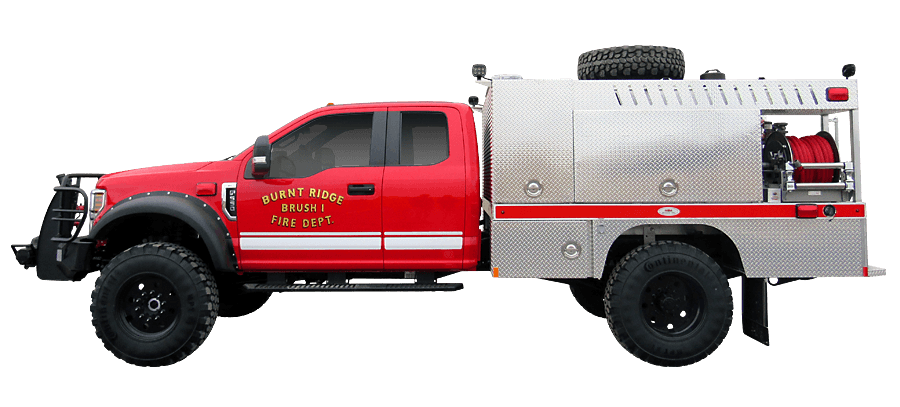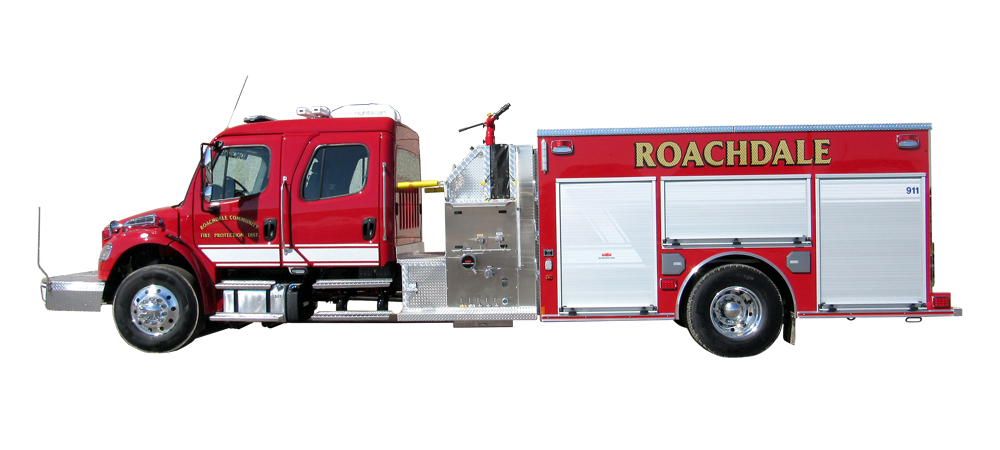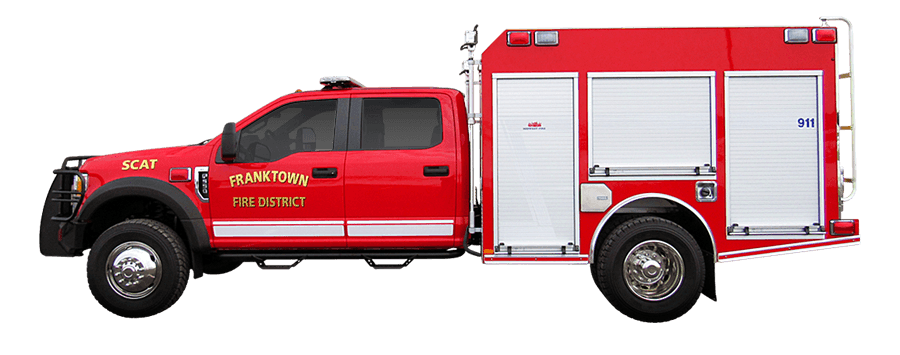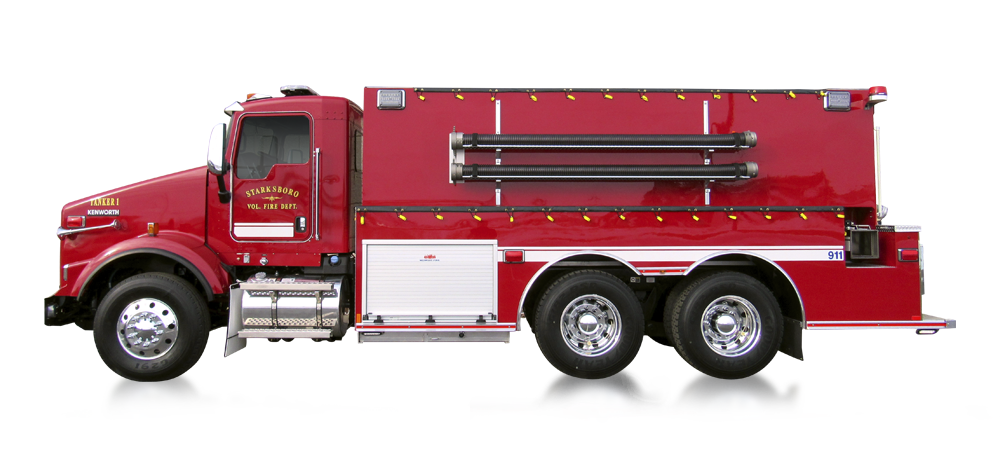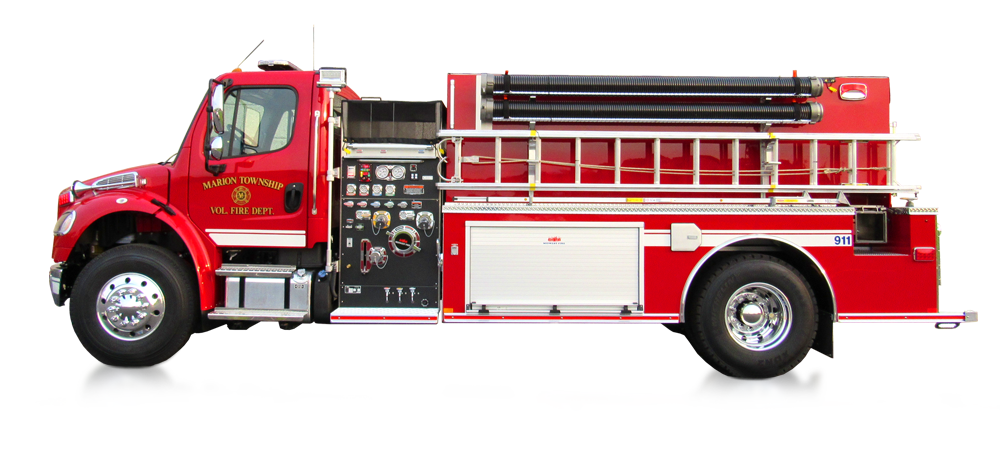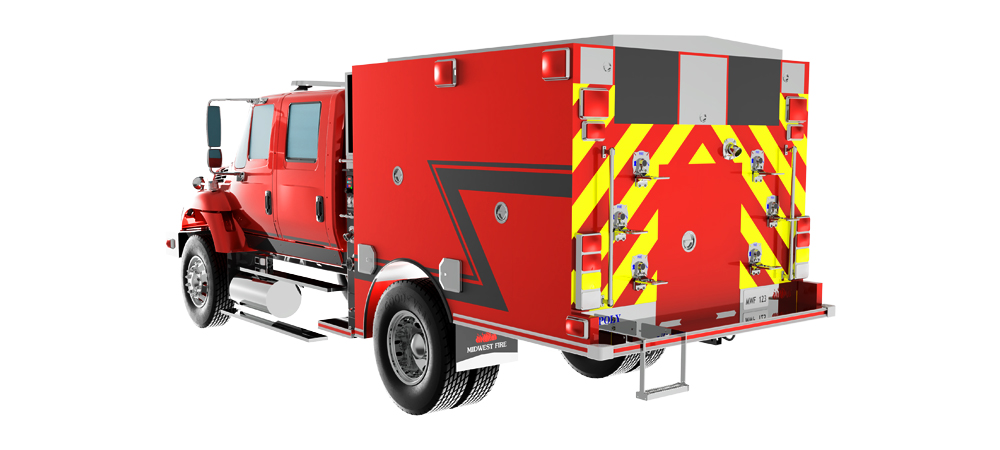Apparatus Purchasing: Revisiting Purchasing Direct (Excerpt from Fire Apparatus Magazine)
Sarah Atchison
When this was addressed last time, I was new to Midwest Fire and new to the industry. Over the past 10 years, I have worked with and in the factory-direct delivery model. This experience has convinced me, completely, that factory direct is the right model for Midwest Fire.
The easiest pro comment, from my perspective, is that we can control product design/specifications, our processes, our messaging, and how we interact with and serve customers. This helps us to “get it right” for the customer consistently. We don’t have to train and update a network of dealers across the large geographic model we serve. Our small team, all on site in Luverne, Minnesota, certifies that we are delivering products and service the same way with each individual customer. Customers start the sales, design, and specification building process with our team in Luverne.
Throughout the pre-build and manufacturing process, customers work with this one team in Luverne, and when delivery day comes, the customer visits us on site in Luverne, inspects its new truck, and receives training with this same team. After they return to their community, they receive follow-up service and warranty support through this same team in Luverne.
For Midwest Fire and our customers, this factory direct model delivers a seamless and simple point of contact and support for the customer. Another easy pro for the factory-direct model is cost savings. Customers are smart; they understand how business works. They are fully aware that the middleman doesn’t work for free. One of the operating principles of Midwest Fire is to help our customers get the most truck for their money. The factory-direct model allows us to deliver this. The markups and fees earmarked for the middleman can be allocated to a bigger fire pump or a crew cab chassis or more compartments, etc. This is of great value to fire departments serving small and medium communities.
Our Midwest Fire team is small and close knit; our salespeople and project management team develop strong and personal relationships with the fire departments they serve. People expect this with a smaller, family-owned company inherently, I suppose, but it’s also something we accept and encourage as part of who we are as a company and how we operate.
Our organizational structure is very flat, meaning that, as the CEO of a factory-direct company, I am closer to the customers. I interact with them directly. I get to know them, I learn how they utilize our trucks, I learn about their challenges and the things that are working for them, their needs, wants, etc. These interactions are the best part of my job at Midwest Fire. Selfishly, I’m not interested in passing this interaction or these relationships off to a network of dealers.
From the beginning of my involvement at Midwest Fire, “experts” have advised that it would be much more difficult to grow the company with a factory-direct delivery model. That is true, and my guess is companies often choose to offer their products through a dealer network to facilitate rapid growth. The dealer network allows them to gain customer awareness faster by partnering with local and regional companies already in place. Fast growth and becoming a big company have not been driving considerations for Midwest Fire. We’re okay with being small, provided we can seamlessly deliver a high-quality product at the right price for our customers and do so in a hands-on, high-touch way. Not all business ownership models support this slower, smaller way of operating. Publicly traded and very large organizations report to shareholders and business analysts and boards of directors—we answer only to ourselves.
The factory-direct model has made us aware of an increased operational complexity which we addressed by investing in capabilities and assets, such as a customer relationship management platform, a North America-wide marketing strategy, customer service, logistics, and inventory management to support our factory-direct operations. For us, this increased cost was at the front end. Shortly after our acquisition of the company, the increased complexity has become a normal course of business for us. The risk of utilizing the factory-direct model has lessened for us over time as more U.S. and Canadian customers have purchased from and gained comfort with Midwest Fire, the trucks we offer, how we offer them, and how we support them over time.
In the fire service, the fully factory-direct model is still somewhat unique and unusual. The very large manufacturers of fire apparatus work almost exclusively through dealer networks. They have and continue to sell the majority of apparatus to fire departments everywhere through their dealer networks. Smaller manufacturers utilizing the factory-direct model are left to educate the customer about the how’s and the why’s of the factory-direct model. Many fire departments assume that if a manufacturer doesn’t work through a local dealer near their community, the customer experience, service, and support after the sale will be a challenge. This expectation is one that is often difficult for a small company to overcome.
The factory-direct model is one of the foundations of how our company operates. It’s part of our brand. Likely, it’s part of what has kept us small. Not everyone would see that as a good thing, and I’m OK with that. The other manufacturers with whom we compete and their dealers are good people and good competition. We respect them and appreciate the differences we offer. In the end, these differences are good for the customer. Fire departments small, medium, and large deserve options— lots of them. We are proud to be a small, family-owned manufacturer in an industry long dominated by very large, very old companies.
From an interesting anecdotal perspective, over the past few years, I have received more and more inquiries from dealers wanting to represent Midwest Fire in the marketplace. They are often interested in becoming dedicated salespeople for Midwest Fire. I don’t know if this means that the big dealer-network companies are facing more challenges with their model or if Midwest Fire has gained more brand awareness and market share.
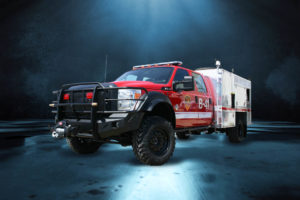 Brush Truck
Brush Truck Pumper
Pumper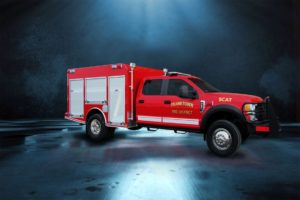 Quick-Attack
Quick-Attack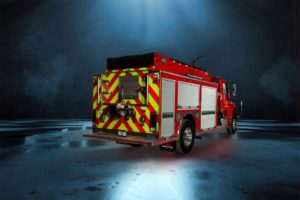 Tanker
Tanker Tanker-Pumper
Tanker-Pumper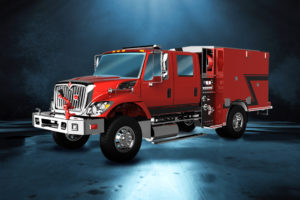 Type 3
Type 3 Mini Pumper
Mini Pumper